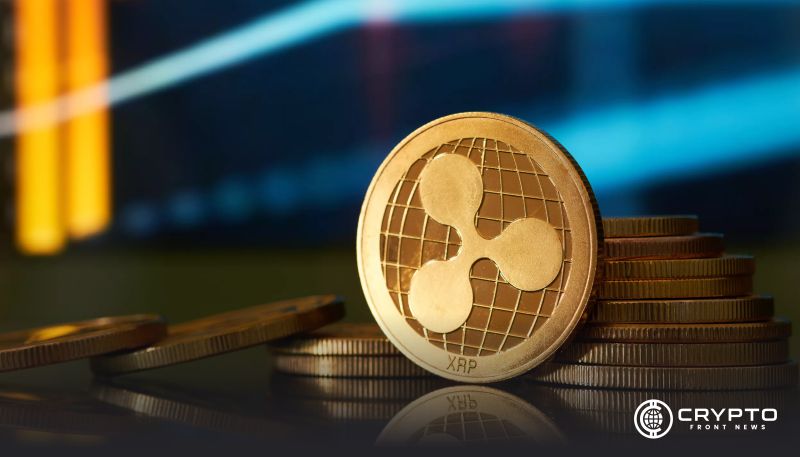- Ripple is reportedly considering a $20 billion offer after its initial $5 billion bid to acquire Circle was rejected.
- XRP attorney John Deaton highlighted Coinbase’s stake in Circle, raising speculation about a possible bidding conflict.
- Ripple’s stablecoin launch and Circle’s interest reflect its plan to diversify beyond traditional cross-border payment solutions.
Ripple’s failed $5 billion acquisition attempt of Circle has taken a sharp turn, as market chatter indicates the payments firm is preparing a renewed offer. Reports suggest Ripple is exploring a $20 billion proposal just days after the original deal collapsed.
XRP lawyer John Deaton added new depth to the unfolding story by spotlighting Coinbase’s minority stake in Circle. This disclosure has led to speculation that a bidding conflict could arise if Ripple proceeds with a higher offer. Analysts are watching closely as Ripple’s ambitions may place it in direct competition with Coinbase.
Strategic Intent Behind Ripple’s Push
The move comes shortly after Ripple launched its stablecoin RLUSD, which quickly crossed $300 million in circulation. The push into the stablecoin sector signals a broader strategy to expand beyond cross-border payments. Ripple’s increasing interest in acquiring Circle reinforces its commitment to this growing market.
With Ripple allegedly preparing a significant $20 billion bid, the scenario could evolve into a high-stakes contest. Given Coinbase’s existing ties with Circle, the situation may escalate if both firms pursue influence over the stablecoin issuer. Market watchers believe such a scenario could reshape competitive dynamics in the crypto space.
Deal’s Rejection Triggers Reassessment of Value
Circle previously turned down Ripple’s $5 billion bid, citing valuation issues. The increased offer reflects Ripple’s intent to secure a strong foothold in the stablecoin arena. While official statements remain limited, internal discussions at both firms appear to be gaining pace.
Circle is best known for issuing USDC, one of the largest stablecoins by market cap. Control over such a key player would provide Ripple with significant leverage in the digital payments and crypto asset industry. The latest developments suggest Ripple sees long-term potential in stablecoin integration.





